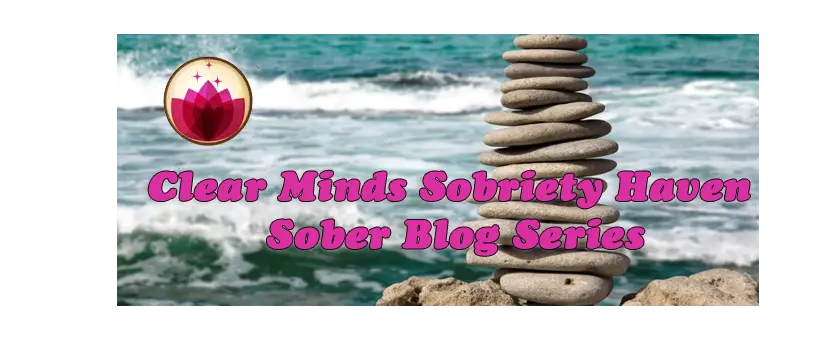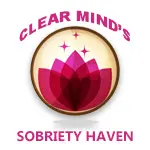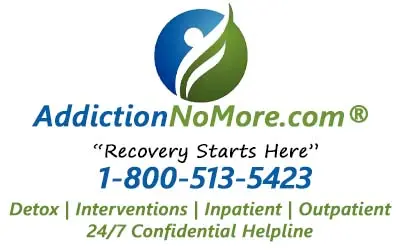
Overcoming Addiction Triggers
Triggers and cravings for alcohol when you are trying to stop are the main reasons someone relapses. How do I avoid triggers and what should I do when I’m craving alcohol during abstinence?Stopping binge drinking has been one of the hardest things I’ve ever done. It seems like there are triggers everywhere. Football games and parties, big “drinking” holidays and celebrations, and watching everyone else around you enjoying their drinks can be so hard for someone who is fresh in their sobriety journey. Things like this can be a big trigger for someone overcoming addiction. Sometimes just hearing someone playing music will trigger me to want to fall back into my old routine of playing music while I get drunk. This is the last thing I want though. To fall back to the way I was before, would be devastating to me, and thinking about that is so scary. I decided to write a few tips on how to avoid triggers and keep you sober even in the hardest situations.
What are common triggers for relapse?
- Stress is the most common cause of a relapse. Whether it be work-related, family issues, or financial matters, stress can be a huge trigger to make you want to drink or use drugs when you are being obstinate.
- People or Places Connected to the Addictive Behavior. Going to places where you used to drink or hanging out with friends after work or family members who drink a lot can be a trigger. Not wanting to “let them down” by not drinking can cause you to relapse without really even thinking about the consequences.
- Negative or Challenging Emotions. These emotions can come from trouble in relationships, death in the family, or even in our own minds. It’s important to not jeopardize your sobriety because something bad is happening in your real life.
- Seeing or Sensing the Object of Your Addiction. If you still have alcohol, beer, or drugs in your home or living space, get it out now. Give it away. Throw it away. But having it near you gives you a “Can’t have”. It’s just within reach. This keeps it directly in the back of your mind. It’s like keeping your “fat jeans” after weight loss, just in case you get fat again. It’s better to get rid of that “fallback” to prevent it from happening in the first place.
- Times of Celebration. You can celebrate just as easily without drinking as you can with alcohol. Celebration should be a happy time so why would you ruin that with a drink? Celebrate YOU being sober EVERY DAY!
Abstinence Stage
These are the steps in the Abstinence Stage:
1. Accept that you have an addiction. You don’t need to call yourself an alcoholic to admit to yourself that you have a problem. If things are triggering you to want to drink, if you have cravings for alcohol, or if you are like me, and binge drink, you already know you have a problem. Admitting this to ourselves is the first step to recovery.
3. Develop coping skills for dealing with cravings. A typical craving only lasts 3-5 minutes. You need to find something else to do when you feel that craving coming on. Whether it’s doing a few jumping jacks, cleaning out the refrigerator, or leaving the situation altogether, find something else to do when that craving hits. Go outside and take a few breaths of fresh air. You can do it. You are stronger than these cravings.
I AM SOBER
FINCH SELF CARE PET (GOOGLE PLAY)
FINCH SELF CARE PET (APPLE STORE)
VOIDPET GARDEN
10. Develop healthy alternatives to using. Drinking water is the best thing we can do for our bodies. Instead of alcohol, you can drink water with fresh fruit added like sliced strawberries, lemon, lime, or cucumber. Your skin will thank you for the added nutrients and moisture and you will feel great. Not waking up with a hangover and puffy skin rewards you each morning.
11. See yourself as a non-user. At first, this can seem scary and out of reach but we can manifest our future selves by seeing ourselves now, as non-users.
As always going to treatment, even for 30 days or on an outpatient basis is the best way to control triggers and avoid relapse. Find a meeting in your area or call Addiction No More today. One of their counselors can get you in contact with a treatment center, detox program, or meetings near you if you need help controlling your cravings and the things that trigger you/us.

Author: Anna Marie Skye
Follow Anna Marie Skye as she discusses her struggle with binge drinking and her sobriety journey HERE.



